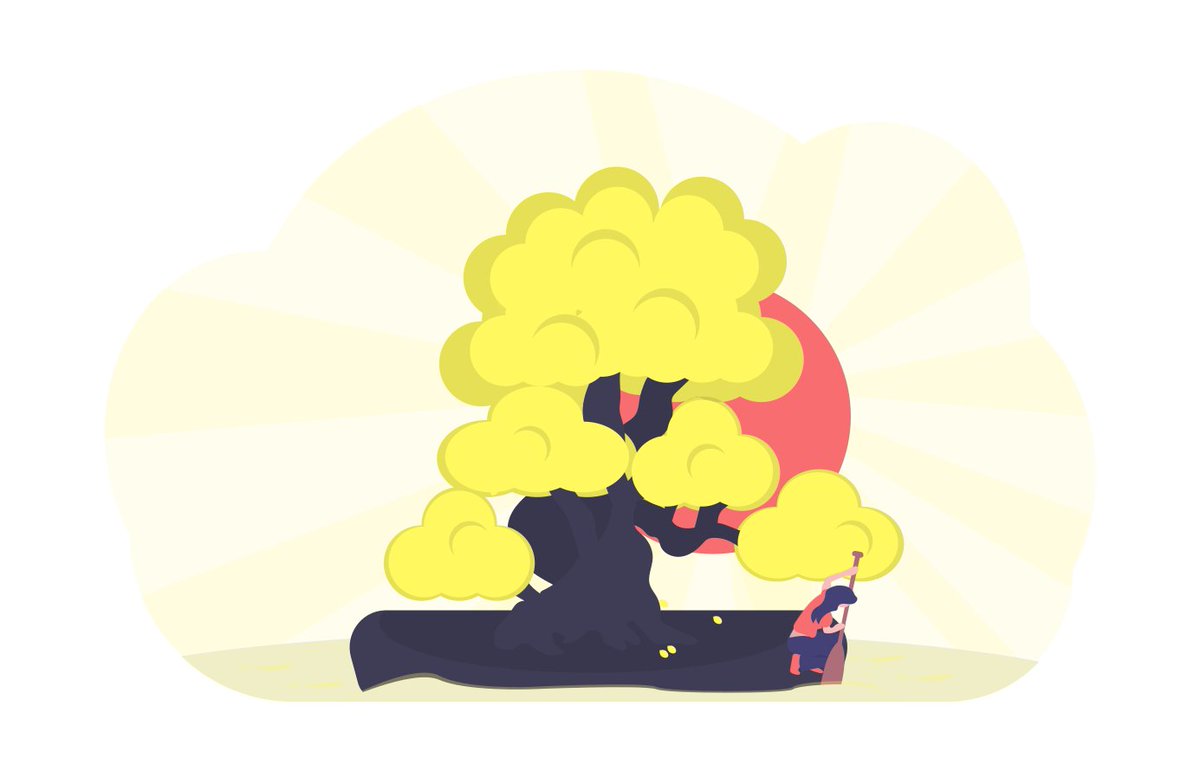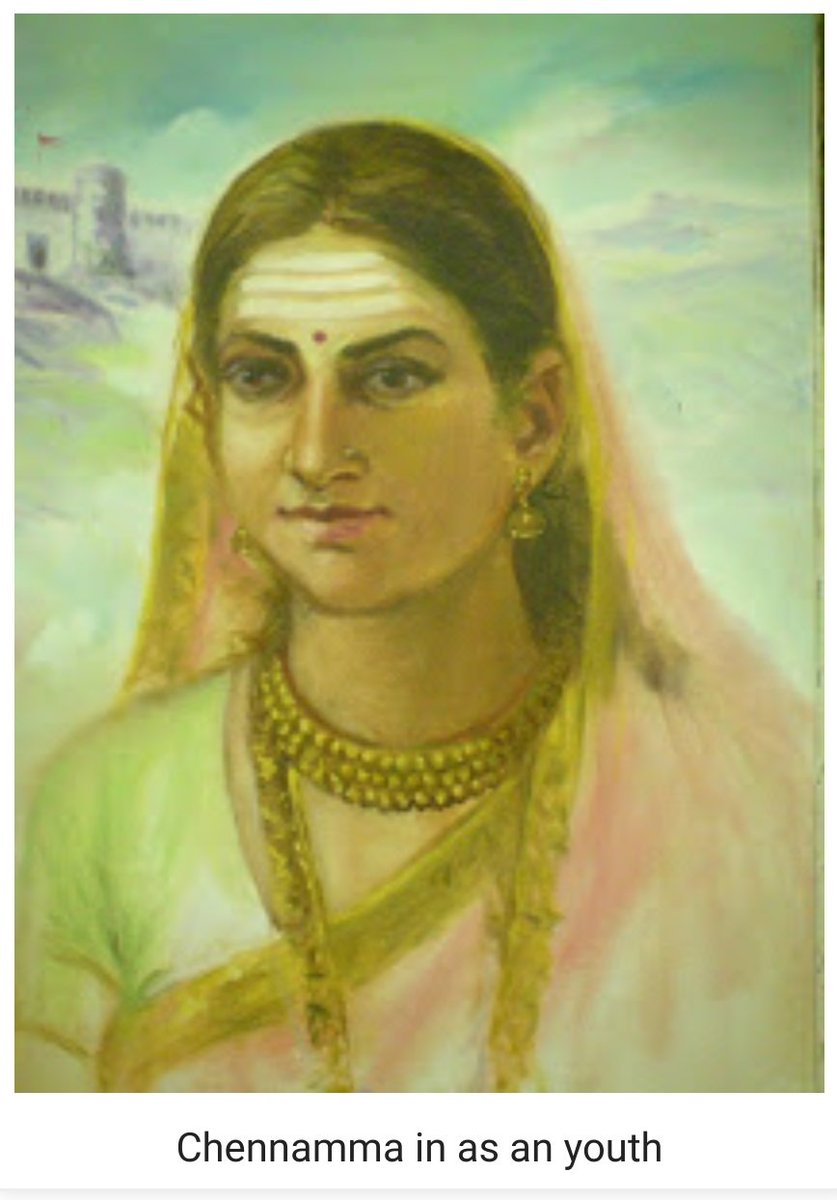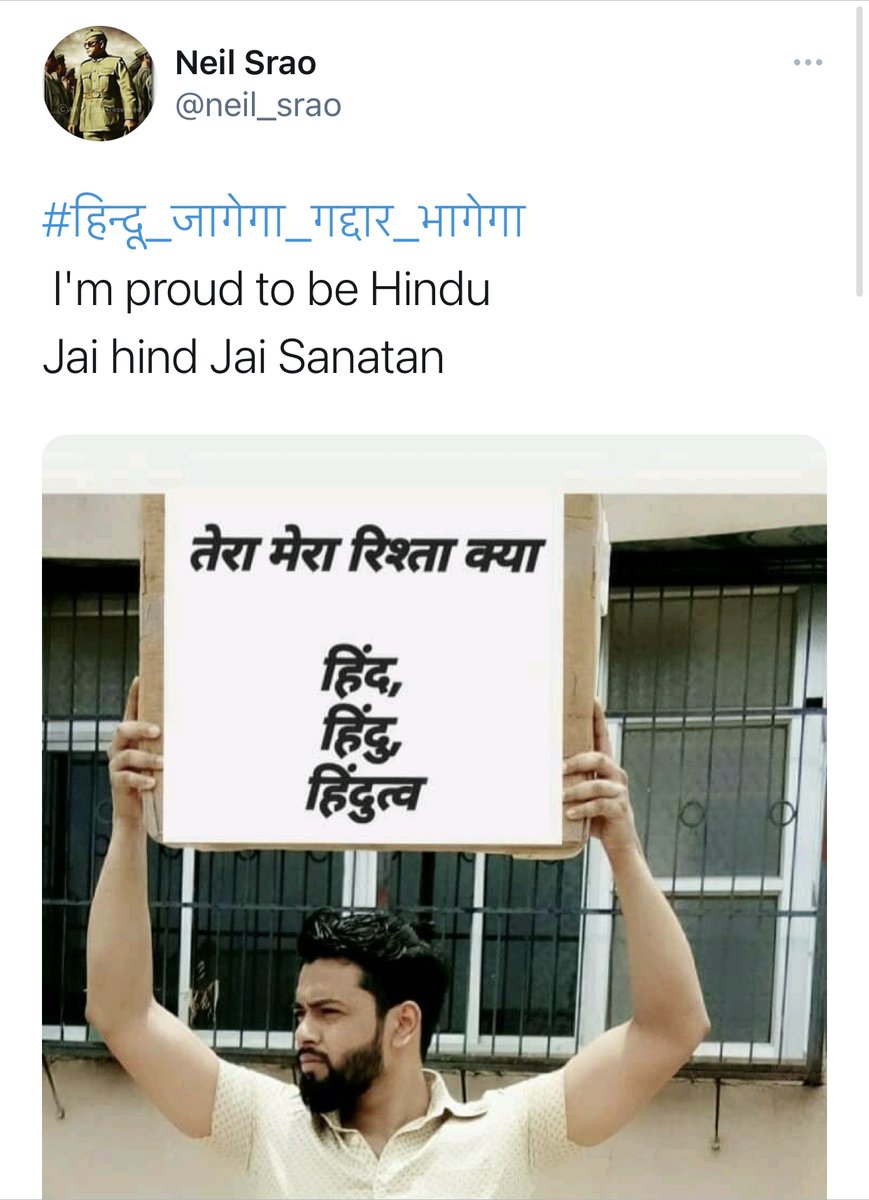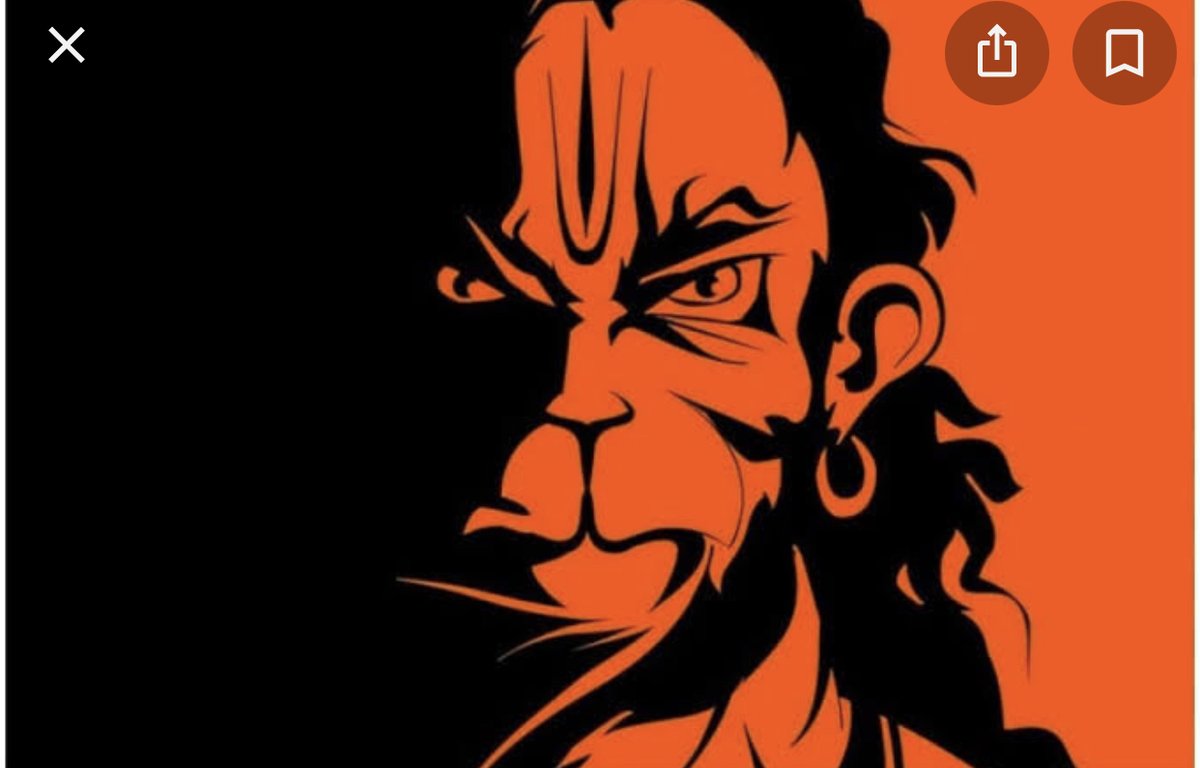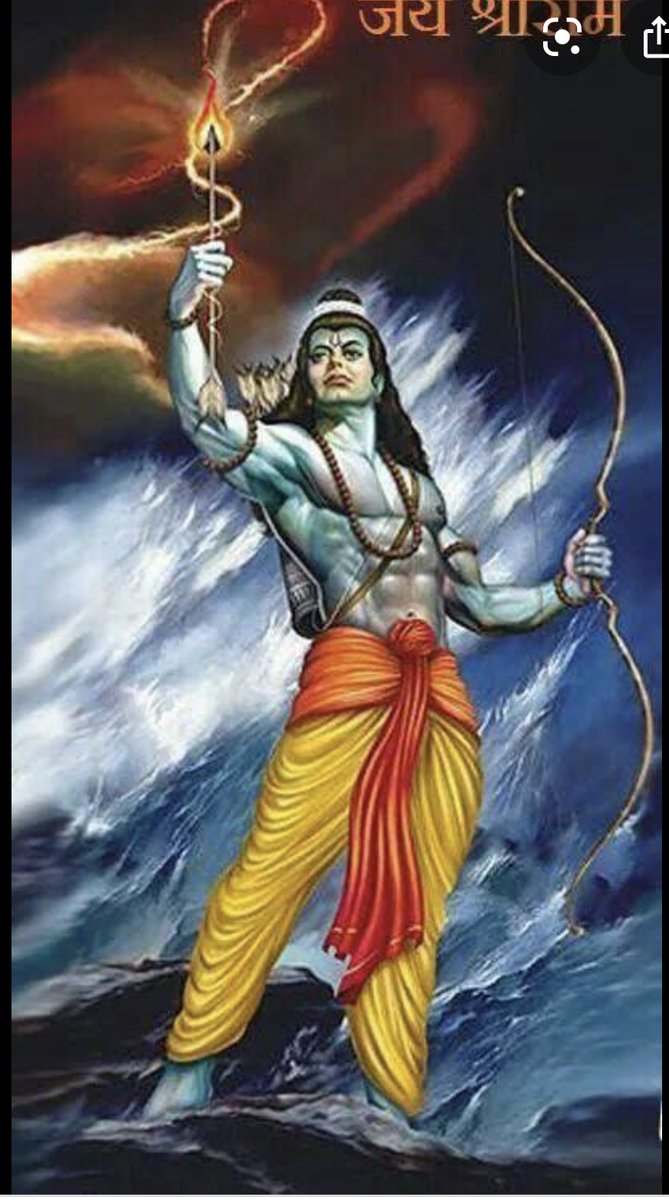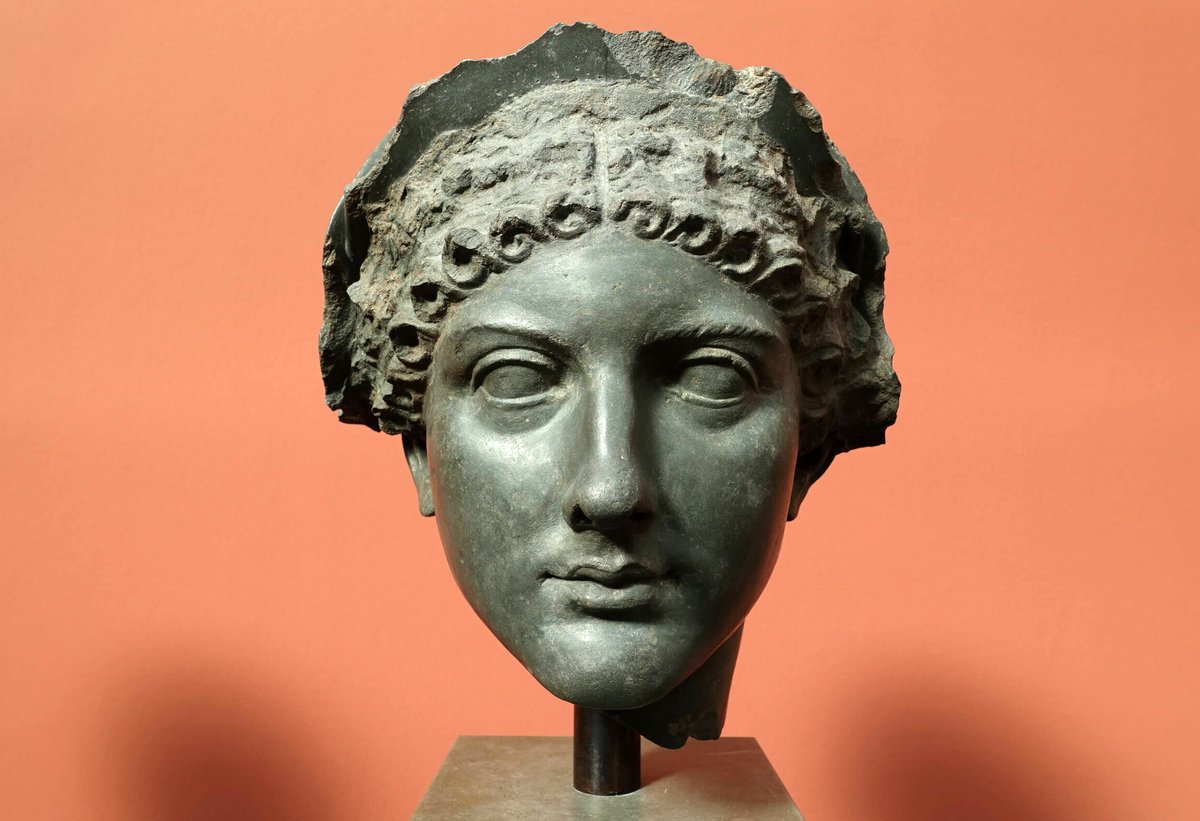A: Work for a startup for a few years and learn.
Lots of startups get stuck
before they get to Product-Market-Fit.
What would be the reasons?
Here are some, I see on a daily basis. They are related to issues with founders or market (in no particular order):
A: Work for a startup for a few years and learn.
A: Idea validation failure
A: If you are deep and know you are at the same league as in Steve Jobs, this makes sense
A: Spend month(s) on the problem and not on the solution.
A: Cocreate the product with a set of dedicated users or customers.
A: Co-create the product with friendly customers. At least 5 in enterprise and a group of 100+ in the consumer category.
A: Understand market sizing/TAM. If I have to guess, more than 50% fail here.
A: Understanding how angels and VCs think of categories and investment. U can always do frustrated tweets saying "VCs don't get it"...
A: Very common mistake. Spend 24 hours on Google and you will find every competitor. Benchmark them before you jump on your product.
A: Most of the founding team come together based on friendship rather than competency. In addition to friendship, there should be a massive respect for competency between each other.
More from Startups
I shipped all these apps in 2020. Most of them generated $0.
🎬 https://t.co/JAhXqsuu6h $0
🌍 https://t.co/BrNUAhfiIT $0
💡 https://t.co/ZWcLfOH4aI $0
🐞 https://t.co/aghOxYEcPI $1.99
👍 https://t.co/2JhJLe27pW $3,025 in 10 days.
But that's ok, just keep shipping! My stories👇
🎬 https://t.co/wuiBp1XsYD is the first thing I created. It's a community for indie makers. The different thing is we post updates in videos. I created it for fun as I think the world doesn't need one more text-based forum, so I make a video one. No monetization plan so far.
🌍 https://t.co/fiwjgCWho5 is a social app. The idea is from Linktree, an app to share your social links. I thought it would be cool to add more visuals to it, and meanwhile we can explore others around. I also have no monetization plan for it. Make it for fun too.
💡 https://t.co/fZfL45uvVX is a platform to connect influencers with their fans. People says it's like @superpeer. But the only difference is it's all sync. Influencers don't need to commit their time to fixed slot. Fans pay to ask questions, influencers can answer at anytime.
Continuing Influenswer... I think the product has its potential. But for now maybe I didn't find the right niche to serve. Will re-evaluate it in future.
🎬 https://t.co/JAhXqsuu6h $0
🌍 https://t.co/BrNUAhfiIT $0
💡 https://t.co/ZWcLfOH4aI $0
🐞 https://t.co/aghOxYEcPI $1.99
👍 https://t.co/2JhJLe27pW $3,025 in 10 days.
But that's ok, just keep shipping! My stories👇
🎬 https://t.co/wuiBp1XsYD is the first thing I created. It's a community for indie makers. The different thing is we post updates in videos. I created it for fun as I think the world doesn't need one more text-based forum, so I make a video one. No monetization plan so far.
🌍 https://t.co/fiwjgCWho5 is a social app. The idea is from Linktree, an app to share your social links. I thought it would be cool to add more visuals to it, and meanwhile we can explore others around. I also have no monetization plan for it. Make it for fun too.
💡 https://t.co/fZfL45uvVX is a platform to connect influencers with their fans. People says it's like @superpeer. But the only difference is it's all sync. Influencers don't need to commit their time to fixed slot. Fans pay to ask questions, influencers can answer at anytime.
Continuing Influenswer... I think the product has its potential. But for now maybe I didn't find the right niche to serve. Will re-evaluate it in future.
You May Also Like
I just finished Eric Adler's The Battle of the Classics, and wanted to say something about Joel Christiansen's review linked below. I am not sure what motivates the review (I speculate a bit below), but it gives a very misleading impression of the book. 1/x
The meat of the criticism is that the history Adler gives is insufficiently critical. Adler describes a few figures who had a great influence on how the modern US university was formed. It's certainly critical: it focuses on the social Darwinism of these figures. 2/x
Other insinuations and suggestions in the review seem wildly off the mark, distorted, or inappropriate-- for example, that the book is clickbaity (it is scholarly) or conservative (hardly) or connected to the events at the Capitol (give me a break). 3/x
The core question: in what sense is classics inherently racist? Classics is old. On Adler's account, it begins in ancient Rome and is revived in the Renaissance. Slavery (Christiansen's primary concern) is also very old. Let's say classics is an education for slaveowners. 4/x
It's worth remembering that literacy itself is elite throughout most of this history. Literacy is, then, also the education of slaveowners. We can honor oral and musical traditions without denying that literacy is, generally, good. 5/x
As someone\u2019s who\u2019s read the book, this review strikes me as tremendously unfair. It mostly faults Adler for not writing the book the reviewer wishes he had! https://t.co/pqpt5Ziivj
— Teresa M. Bejan (@tmbejan) January 12, 2021
The meat of the criticism is that the history Adler gives is insufficiently critical. Adler describes a few figures who had a great influence on how the modern US university was formed. It's certainly critical: it focuses on the social Darwinism of these figures. 2/x
Other insinuations and suggestions in the review seem wildly off the mark, distorted, or inappropriate-- for example, that the book is clickbaity (it is scholarly) or conservative (hardly) or connected to the events at the Capitol (give me a break). 3/x
The core question: in what sense is classics inherently racist? Classics is old. On Adler's account, it begins in ancient Rome and is revived in the Renaissance. Slavery (Christiansen's primary concern) is also very old. Let's say classics is an education for slaveowners. 4/x
It's worth remembering that literacy itself is elite throughout most of this history. Literacy is, then, also the education of slaveowners. We can honor oral and musical traditions without denying that literacy is, generally, good. 5/x










